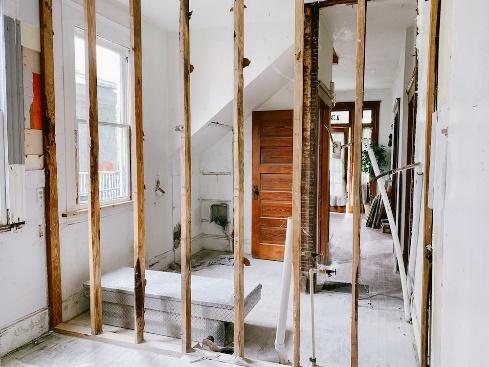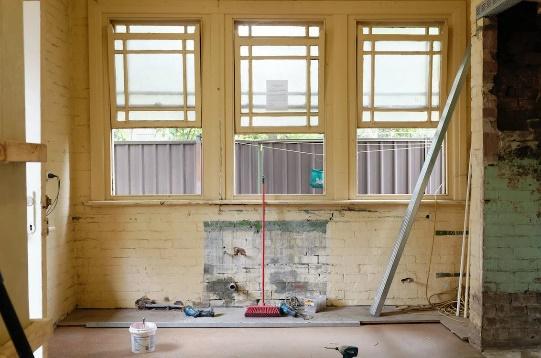Although renovating a rental property can be a fantastic way to garner interest from prospective tenants while making current tenants more comfortable, it should never be assumed that renovations will go off without a hitch. There are a number of stumbling blocks property owners are likely to hit throughout the renovation process, especially if they’ve never overseen projects of this magnitude. Rental property owners looking to ensure that low-stress renovations would be wise to avoid the following blunders.
Hiring Unlicensed Contractors
Although some landlords view hiring unlicensed contractors as a smart money-saving measure, this decision stands to overcomplicate even the simplest of renovations. In many states, contractors need proper licensing, registration, or certification to legally operate. And putting forth the time and effort to earn this status is a fairly good indicator of how dedicated a contractor is to their profession.
Furthermore, if licensed contractors fail to maintain a certain level of skill and professionalism, they risk losing their licensed status, thus ensuring that they have the incentive to consistently go above and beyond for clients.
On the flip side, unlicensed contractors aren’t at risk of losing licenses they never possessed to begin with, so their incentive to conduct themselves honestly and professionally is minimal. In addition, an unlicensed contractor is unlikely to provide any sort of guarantee for their work – and even if they do, there’s no way of knowing if they’ll truly honor it.
By extension, unlicensed contractors are far more likely to walk away from jobs they find difficult or cumbersome than their licensed counterparts. So, if you decide to work with unlicensed contractors, you may ultimately have to call in licensed contractors to fix any mistakes they make.
Additionally, unlicensed contractors are likely to have trouble pulling certain permits, especially in places that use cutting-edge municipal software, and in the absence of the right permits, undertaking certain renovations may land you in legal trouble.
Failing to Provide Tenants with Advanced Notice
Depending on the location and scope of the renovations you’ll be undertaking, your tenants may find themselves massively inconvenienced. For example, if you’re renovating a parking lot, laundry room or any other area that receives a fair amount of daily foot traffic, it stands to reason that your renters are going to have their usual routines shaken up.
So, before commencing work, make sure to provide your tenants with as much advance notice as possible. Even if the renovations ultimately prove inconvenient to them, advanced notice will ensure that they have ample time in which to plan for the forthcoming hassle accordingly.
Additionally, when it comes to the timeline, take care to avoid over-promising. Unless a contractor has provided you with a specific completion date, don’t claim to know when the work is going to be finished, regardless of how eager your tenants are for it to be over. It’s also a good idea to take completion dates provided by contractors with a grain of salt, as these are often projections.
Failing to Properly Secure Work Areas
Failing to properly secure work areas can mean big trouble for both you and any contractors you happen to be working with. For starters, in the absence of proper security, high-end tools and work equipment are liable to be stolen from worksites. Additionally, if contractors determine that you’re to blame for the lack of security, they may insist that you compensate them for their losses.
Unsecured work areas can also present safety issues for tenants. For example, if children wander into a work area that hasn’t been properly secured, they’re likely to injure themselves and/or cause considerable property damage. This may also land you on the receiving end of a lawsuit or other legal consequences. With all this in mind, make sure that the contractors you work with secure their work areas, especially before leaving them unattended.

There are many reasons why landlords renovate rental properties. In some cases, renovations are necessary for properties to be deemed livable. In others, property owners simply wish to increase the value of their respective investments.
However, regardless of the reason for which renovations are undertaken, it’s important for landlords to understand that there are a multitude of problems that can occur – especially if they haven’t taken the time to properly educate themselves. So, if you’ll soon be renovating a rental property, take care to avoid the missteps discussed above.




